Audio Engineering School
(In-Person 1x1)
Master Audio Engineering In Your Home Studio
Gain hands-on experience with industry-standard tools and techniques in our immersive 6-month sound engineering program, designed to make you an audio expert.
Audio Engineering School (In-Person 1x1)
Open Enrollment
Course Duration: 6 Months
Time: Based on student schedule
Where: Lil' Drummaboy Recordings (818 South Street, Philadelphia, PA 19147)
Course Overview: In this one-on-one, in-person course, you'll learn audio engineering from the foundation up. This certificate-based program, will reveal the hows, whats, and whys of one of the most stable career paths in the music and media industries. From room acoustics to signal flow, EQ to compression, world-class mixing techniques to mastering, and much more, this one-on-one program will arm you with a complete understanding of the philosophies, techniques, practice, and skills that are required to produce industry-quality audio projects. Whether your focus is studio sessions, live sound, podcasts, or audio for film, our in-person, Audio Engineering School is the ideal solution for achieving your sonic goals in the music and/or media industries.
Instructor: Mike Moore
What Is "In-Person 1x1"?
This course meets in-person at Lil' Drummaboy Recordings' professional recording studio. It is a hands-on, one-on-one, certificate-based program that meets once per week, for 1-hour per week.
What Our Students Say:
"I wanted to take my music to the next level. The process was incredible. Every week I kept going to another level."
- Geronimo Santana
"The program helped me transition to a full-time career as an audio-visual technician. Right away, I learned the skills I needed."
- Keith Gutierrez
"I learned the technical aspects of sound, which is what we deal with as music artists. The course and assignments were powerful."
- Alexa Gold
This 6-month, certificate-based course will teach you to produce high-quality, professional, industry-ready audio recordings. Your training will include...
The Secrets To Rocking Your Room Acoustics & Getting The Best Sound In Any Space
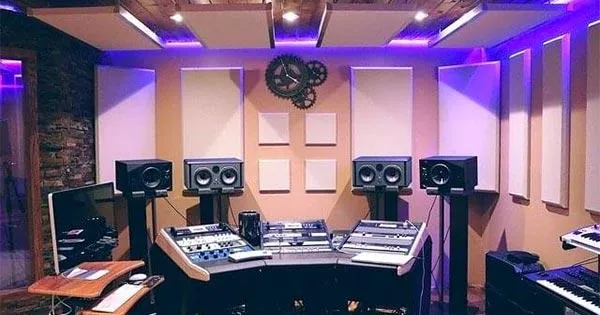
What you will learn:
How to calculate your room modes so that you will better understand the overall color of your space
The difference between the various types of acoustic treatments so that you can choose the best option for your space, and not waste time and money in the process
The optimal placement for acoustic treatment to most effectively control room echo and reflections
The inside scoop on the most affordable resources for acoustic treatment
Recording Gear Rules That Every Home Studio Owner Needs To Follow
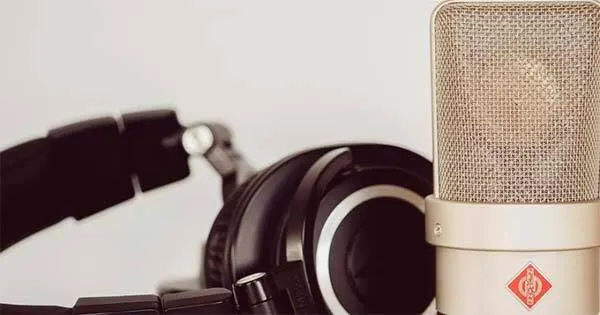
What you will learn:
How to get professional quality results with gear that you already own
Which pieces of equipment are essential to taking your sound to the next level
Why you don’t need certain pieces of gear
If the Mac vs. PC debate is really worth the argument
The one piece of gear that can truly be a game-changer
The Optimal Levels for Recording Vocals, Instruments, and Sounds
(Spoiler: It’s Not 0 dB)
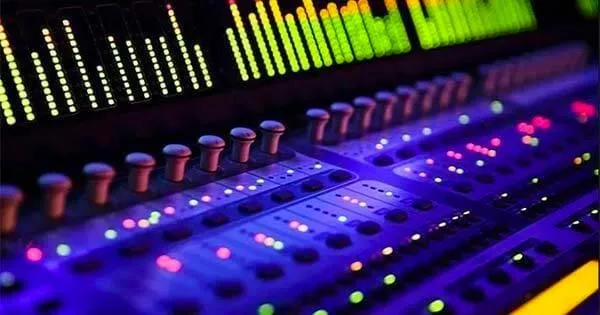
What you will learn:
Why your recording level is the most important factor in the signal flow chain
The optimal level to record your vocals
Which piece of recording gear has the biggest impact on recording levels
Why ignoring recording levels is ruining your recordings
Everything You Need To Know About Equalization (EQ) To Take Your Sound To The Next Level
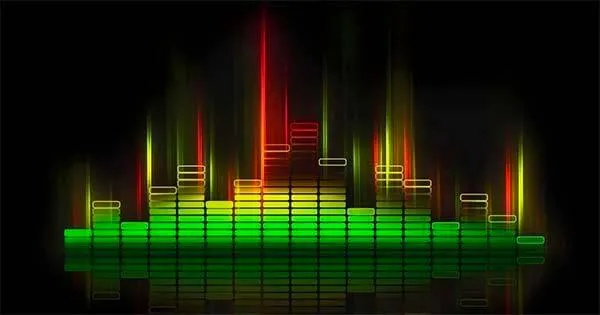
What you will learn:
To better understand frequency, and how it affects your perception of sound
The role that equalizers play in achieving radio-quality mixes
The essential frequencies that you need to know to get professional quality results
How to effectively use an equalizer to become an audio ninja
Understanding One Of The Most Vital Elements Of Recording: Compression
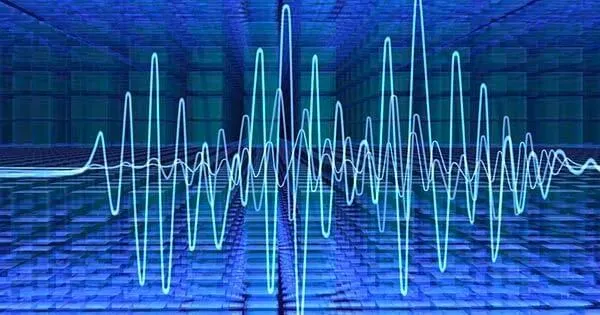
What you will learn:
How to use a compressor to your advantage
Secret compression recipes that will supercharge your mixes
How to use compressors to achieve louder, punchier recordings
The essential parameters of compression
Is It Balanced? The Ultimate Lesson In Mixing
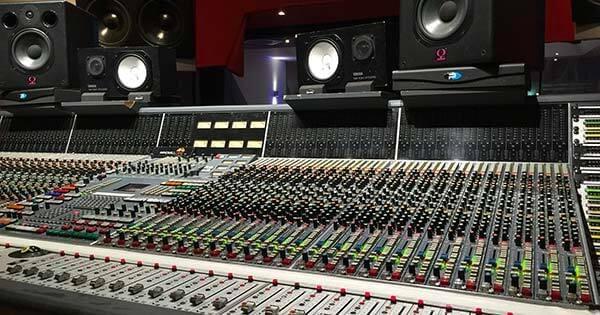
What you will learn:
Why balance is the core ingredient of audio mixing
A little-known mixing technique that will consistently lead to more balanced mixes
How to use “references” to produce industry-quality recordings
The ultimate tools used for balance
Elevate Your Vocal Sound With Audio Effects And Processing
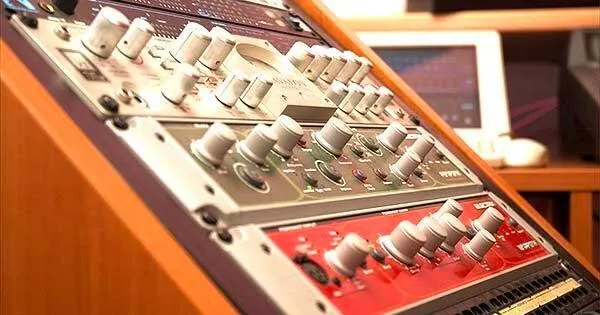
What you will learn:
The audio effects that dominate major label recordings
How to use reverb to get the sound that you’ve been looking for
Why delay is the one effect that you need to start using now
How distortion can liven up your vocal recordings
Get Started Today – Flexible Payment Options!
Industry-Ready Training For Just...
$397/Month!
Option #1:
$397/month for 6 months
First payment: $517 (includes first month + books & supplies)
5 subsequent monthly payments of $397
Option #2:
Save $200 – Pay Upfront!
One-time payment: $2,300
Best Value!
Start Now! Secure Your Spot Today.
Still have questions? Want to make sure this is the right fit for you?
Book a Free 30-Minute Strategy Session with an instructor to discuss your goals and get expert guidance.
But don’t wait—spaces are limited! Secure your spot now, or schedule a chat if you need more info.
In Addition To The Comprehensive, Transformative Training Listed Above, By Enrolling In this Audio Engineering Program, You're Also Going To Learn:
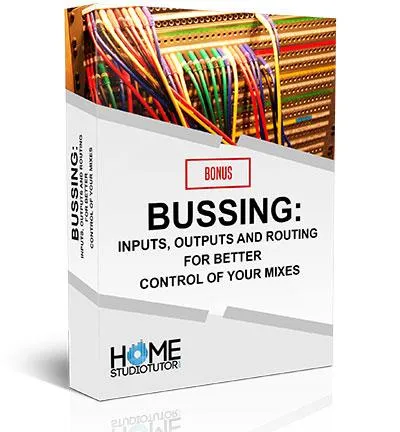
BUSSING
Understanding 'Bussing' distinguishes beginners from professional audio engineers. It's essentially routing, offering endless ways to enhance mix control and sonic textures when applied correctly.
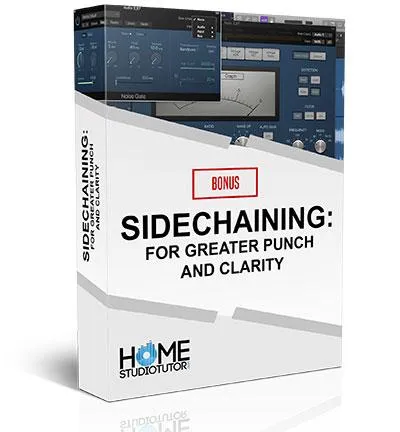
SIDECHAINING
Sidechaining is known for the 'pumping' effect in dance music, but many advanced techniques can make vocals stand out, add punch, clarity, and more. There are numerous uses.
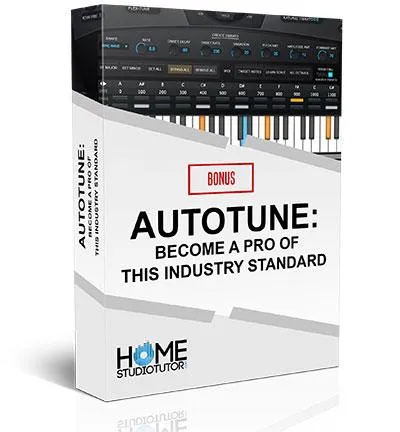
AUTOTUNE
Anyone who's heard popular music in the last decade knows 'Autotune.' This vocal effect is key in modern mixes, and using it well can mean the difference between a hit and a demo.
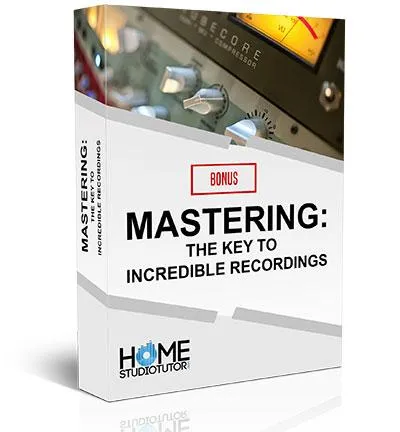
MASTERING
Mastering is the final step in audio production, adding the 'icing on the cake.' It balances frequencies, boosts loudness, and helps recordings compete with major labels.
Get Started Today – Flexible Payment Options!
Industry-Ready Training For Just...
$397/Month!
Option #1:
$397/month for 6 months
First payment: $517 (includes first month + books & supplies)
5 subsequent monthly payments of $397
Option #2:
Save $200 – Pay Upfront!
One-time payment: $2,300
Best Value!
Start Now! Secure Your Spot Today.
Still have questions? Want to make sure this is the right fit for you?
Book a Free 30-Minute Strategy Session with an instructor to discuss your goals and get expert guidance.
But don’t wait—spaces are limited! Secure your spot now, or schedule a chat if you need more info.

INSTRUCTOR: MIKE MOORE
Mike Moore is a music producer, audio engineer, and instructor in LDB's Audio Engineering and Music Production Programs.
With more than a decade of recording and production experience, Mike has worked on projects that have ranged from Hip-Hop to Rock to R&B to Jazz, and more.
A prolific music producer, his work has been placed with numerous artists and media companies. Mike has also worked on radio as a show producer and host.
Frequently Asked Questions
When Do Classes Start?
There is Open Enrollment for this program. It is one-on-one, so as long as we have space and your schedule aligns with our course availability, you can start as soon as you enroll.
Do I have To Have Experience To Enroll In The Program?
Not at all. Some of our students are absolute beginners. These students tend to do very well in our program because they haven’t picked up a lot of bad audio engineering habits.
Is There An Age Requirement?
The majority of our students are adult learners (18+). However, we have trained younger students, as well. Any student who is younger than 18 years of age will have to be enrolled by a parent or legal guardian.
What Software Will I Be Learning?
In today’s music industry, there are a number of popular software programs that our students like to use. Our core training is the craft of Audio Engineering, which is the same regardless of the software program used. We will also provide demonstrations and training in Pro Tools, Logic Pro X, and FL Studio.
It is best to focus on one software program. We understand that students entering our program will most likely have already invested in software. That is why we make sure that we are able to offer training in a number of different platforms.
WE DO NOT RECOMMEND BOUNCING AROUND IN DIFFERENT SOFTWARE PROGRAMS. PICK ONE FOR AUDIO ENGINEERING AND MASTER IT.
What Equipment Do I Need To Start The Program?
The only equipment that you will need to start the program is a computer and a stable internet connection. In the first class, we will make recommendations as to the equipment that would be beneficial for your progress and development. In addition to a computer, we also recommend a D.A.W. (i.e. recording software), audio interface, microphone, studio monitors and/or headphones.
What If I Miss A Class? Are There Make-Up Classes?
You’ll want to maintain an excellent attendance record. That is the best way to ensure the stellar results that have realized by our past graduates. However, if you have to miss a class due to work, schedule conflict, illness, etc., the content will be available online (unless it’s an in-studio project or recording). There won’t be any make-up classes, but you’ll definitely be able to stay caught up on the core curriculum.
Will This Program Allow Me To Get A Job In The Music Industry?
While no audio engineering program can guarantee employment at the completion of training, you’ll have the general requirements to submit your resume and represent yourself professionally.
There are no guarantees that other companies will be hiring or will hire you. But, you’ll be 10x more experienced, trained and prepared than you are today.
In addition, Lil' Drummaboy Recordings has a limited number of internship opportunities available to those students who stand out and excel in our program.
Do You Offer Student Financing?
Yes. We do offer our own unique financing option. This allows you to set up monthly installments for the program.
Once you’ve completed your free strategy session, you’ll be able to learn more about our zero-interest financing option that does not require a credit check.
How Is Your School Different From Other Schools?
Our founder, Samori Coles, began his career more than 25 years ago as an independent artist and music producer. He built Lil’ Drummaboy Recordings to provide other independents with the training, guidance, and mentorship that he wishes he had all those years ago.
We understand you like no other school does. We know exactly what you need to accomplish your goals.
There is no fluff with us. You will get real-world training, focus and attention that will significantly develop your proficiency and skills as an audio engineer. We can guarantee this because we have been training music creators just like you for more than 20 years.
Will I Learn How To Make Beats In This Program?
No. The Audio Engineering Blueprint focuses on the craft of audio engineering. You will be trained to record, edit, mix, and master music and audio projects at a professional level.
Audio Engineers are the folks in the studio that handle the recording process. They make sure that the projects that they engineer have that major-label quality that is competitive with the music of other artists in the industry.
If you want to learn how to make beats, you can check out our Music Production School.
What Is Audio Engineering?
Audio Engineering is the process of recording, editing, mixing, and/or mastering audio projects.
Audio Engineers work in the music industry, film industry, radio, TV, podcasts, live sound, audio/visual departments in colleges and companies, etc. They are sonic anchors that ensure that any of the sound involved in any of these industries is of the highest quality.
While many of our students have a desire to either work in the music industry or achieve better sounding recordings in their home studios, there are many career options for audio engineers.
Audio Engineering is a trade similar to plumbing, audio mechanics, carpentry, etc. It’s a specific skillset that offers unique opportunities that many aspiring music creators aren’t aware of.
Is This An Online Or In-Person Program?
This version of The Audio Engineering Blueprint is hybrid. Three weeks out of every month, we'll meet live online. One week out of every month, we will meet in a real recording studio for hands-on training.
Will I Get A Certificate When I Complete The Program?
Yes. You will receive a certificate of completion when you graduate from our Audio Engineering School.
Lil' Drummaboy Recordings
818 South Street, Philadelphia, PA 19147
Tel: (215) 574-1400

